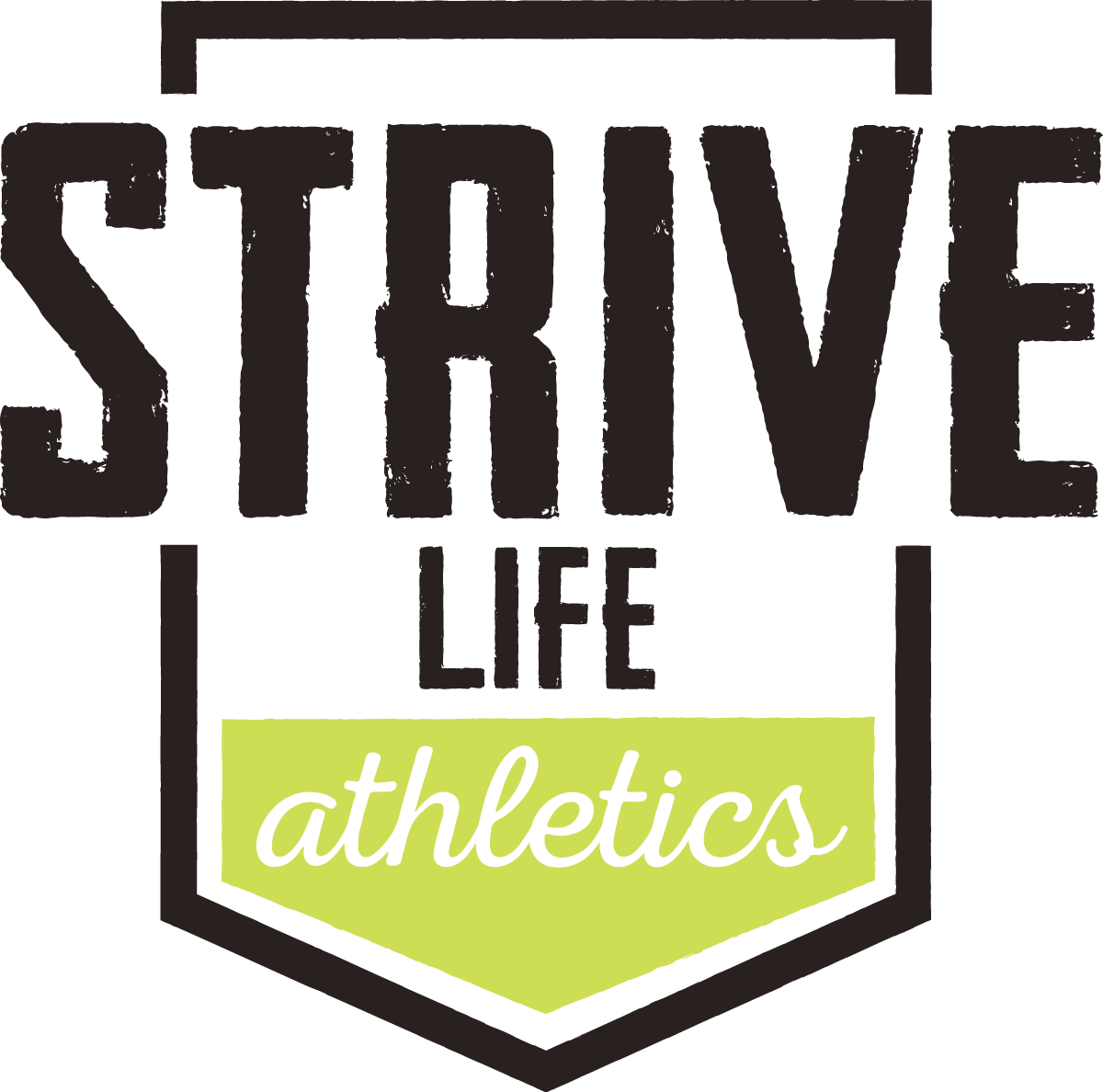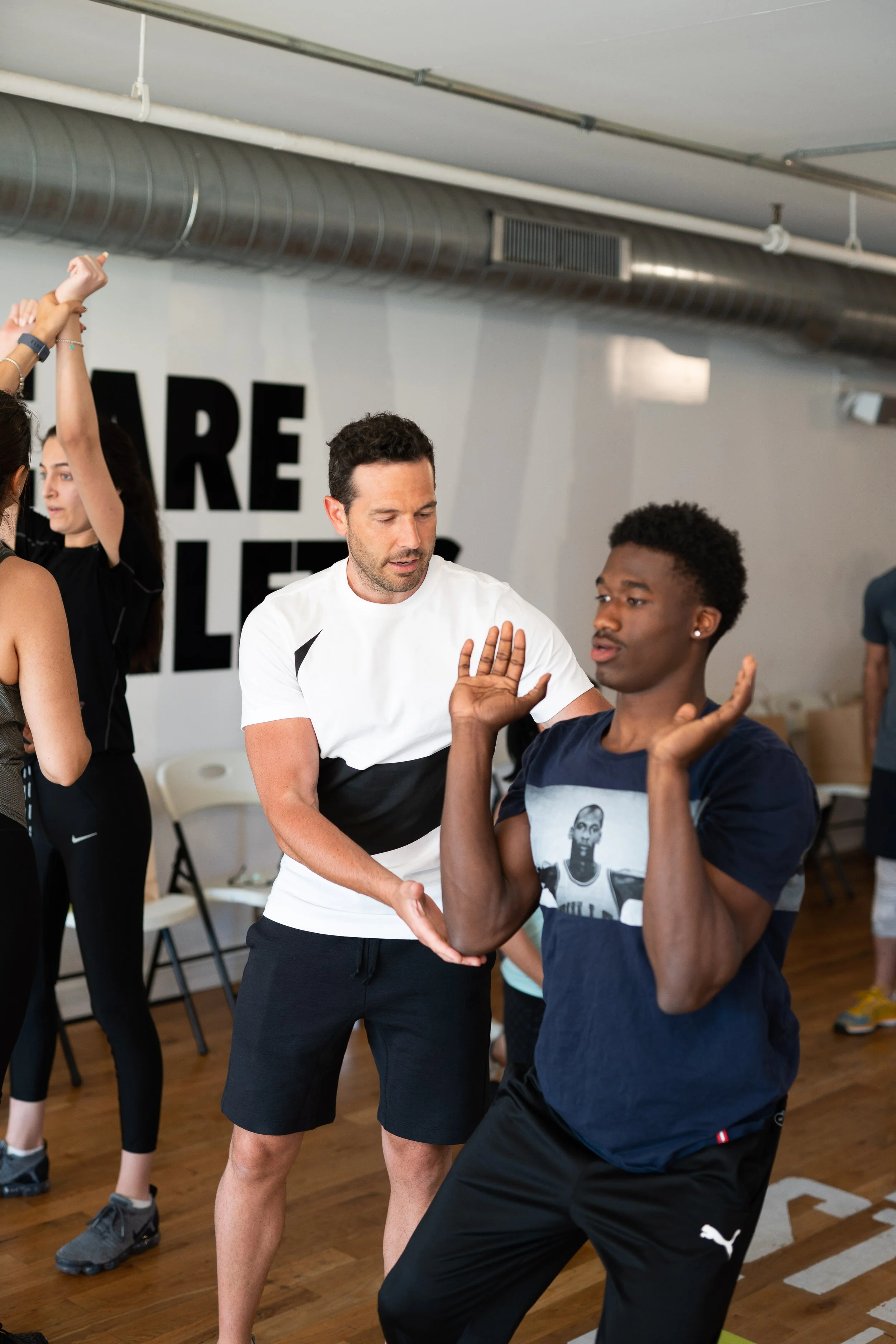5 Areas for Continuous Improvement in Fitness Coaching
Are you a coach looking to enhance your coaching journey or an experienced fitness professional seeking continuous improvement? Whether you're just starting out or a seasoned coach, these key areas are essential for growth and development in the fitness coaching realm. Here are 5 areas of continuous improvement that you can key in on:
Optimizing Warm-ups for Effective Training
The warm-up phase is a critical opportunity to educate and enhance your clients' movement skills. Discover how to keep warm-ups fresh, engaging, and purposeful to get your clients moving efficiently and safely. Being intentional with this phase will not only help you from a coaching standpoint but it will help your clients to prep, prime and prepare for the workout.
Let’s take Dynamic Movement Sequences as an example: Incorporate dynamic movements that mimic the exercises planned for the main workout. This not only helps to increase blood flow and raise the heart rate but also activates specific muscle groups and improves joint mobility. For example, if the workout includes squats, integrate dynamic bodyweight squats, leg swings, and hip circles into the warm-up.
Strategic Exercise Selection for Client Progression
Choosing the right exercises is crucial for ensuring your clients' safety and steady progress over time. Learn how to place your clients on the right point of the movement spectrum and gradually advance their training for sustained success. Being realistic with your clients capabilities and stressing patience in their progress will pay dividends at the end of the day.
Let’s take Progressive Overload and Individualization as an example: Implement the principle of progressive overload by gradually increasing the intensity, volume, or complexity of exercises over time. This can involve adjusting resistance, repetitions, sets, or incorporating more advanced variations. Tailor exercise selection to each client's individual goals, preferences, and any specific limitations or considerations they may have. Customizing the workout to align with their interests enhances adherence and motivation. Educate clients on the importance of patience and consistency in their fitness journey. Emphasize the long-term nature of sustainable progress, discouraging the urge to rush into advanced exercises prematurely.
Mastering Movement & Mobility for Optimal Performance
Being mobile and demonstrating movements effectively is essential for any coach. Focus on enhancing your own mobility and advocating a quality-over-quantity approach to movement for your clients. Discover how added mobility work can enhance their overall well-being and pave the way to pain-free living. By maintaining and improving your movement and mobility as a coach this will inevitably be a positive visual aid and model of replication for your clients to achieve.
Let’s take Teaching Quality Movement Patterns as an example: Educate on Proper Form: Emphasize the importance of proper form and technique over quantity of repetitions. Teach your clients to perform movements with precision and control to maximize effectiveness and minimize the risk of injury. This awareness can lead to better movement patterns and improved mobility over time. By embodying these principles in your own practice and conveying them to your clients, you'll not only enhance your personal mastery of movement and mobility but also become an effective educator who inspires positive change in others.
Building Strong Client Relationships
Effective coaching extends beyond the gym. Understand the significance of recognizing and adapting to different client personalities. Learn how to build trust, foster engagement, and encourage healthy habits by getting to know your clients inside and outside the training environment. By establishing strong communication, transparency and empathy you will be able to build a strong lasting relationship.
Let’s take the example of Communication: Active Listening: Pay close attention to your clients during sessions and in conversations. Practice active listening to understand their concerns, preferences, and feedback. This not only builds trust but also helps you adjust your coaching style to better suit their needs. By combining personalization with effective communication and empathy, you create an environment where clients feel valued, understood, and supported. This holistic approach not only enhances the training experience but also contributes to the long-term success and satisfaction of your clients.
Relating to Your Clients' Fitness Journey
Reflect on your own fitness journey to empathize with your clients and guide them effectively. As coaches, it's vital to remember that fitness is a journey, not a destination. Leverage your experiences to lead, guide, and support clients in achieving their health and wellness goals. If you can build trust and buy in with your clients you will be in a great position to succeed.
Let’s take the example of Setting Realistic Expectations: Managing Expectations: Use your own experiences to set realistic expectations for your clients. Share the time it took for you to see significant progress, emphasizing that fitness is a gradual process. This helps prevent frustration and disappointment, promoting a more sustainable and patient approach to their own journeys. Remember, the goal is to create a supportive and understanding environment that encourages long-term success.
Interested in furthering your fitness coaching career? Explore our Level 1 Foundations Certification for Personal Trainers and Group Fitness Instructors. Our approachable and effective fitness education equips you with the tools and knowledge needed to be a successful coach. Join an upcoming Certification cohort and embark on a transformative journey in fitness coaching.
Best in Health, Ryan
PS: Tired of outdated and monotonous fitness coaching certification programs? At Strive, our fitness education is modern, engaging, and comprehensive, ensuring you leave with confidence and competence to make a lasting difference in the fitness industry.
Ready to take the first step? Schedule Your Free Discovery Call Today and start the new year with the determination to make a positive impact as a certified fitness coach.


